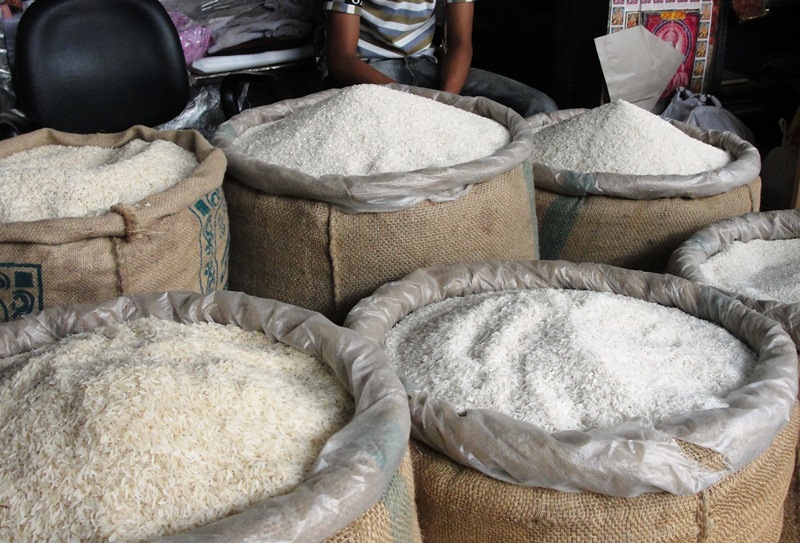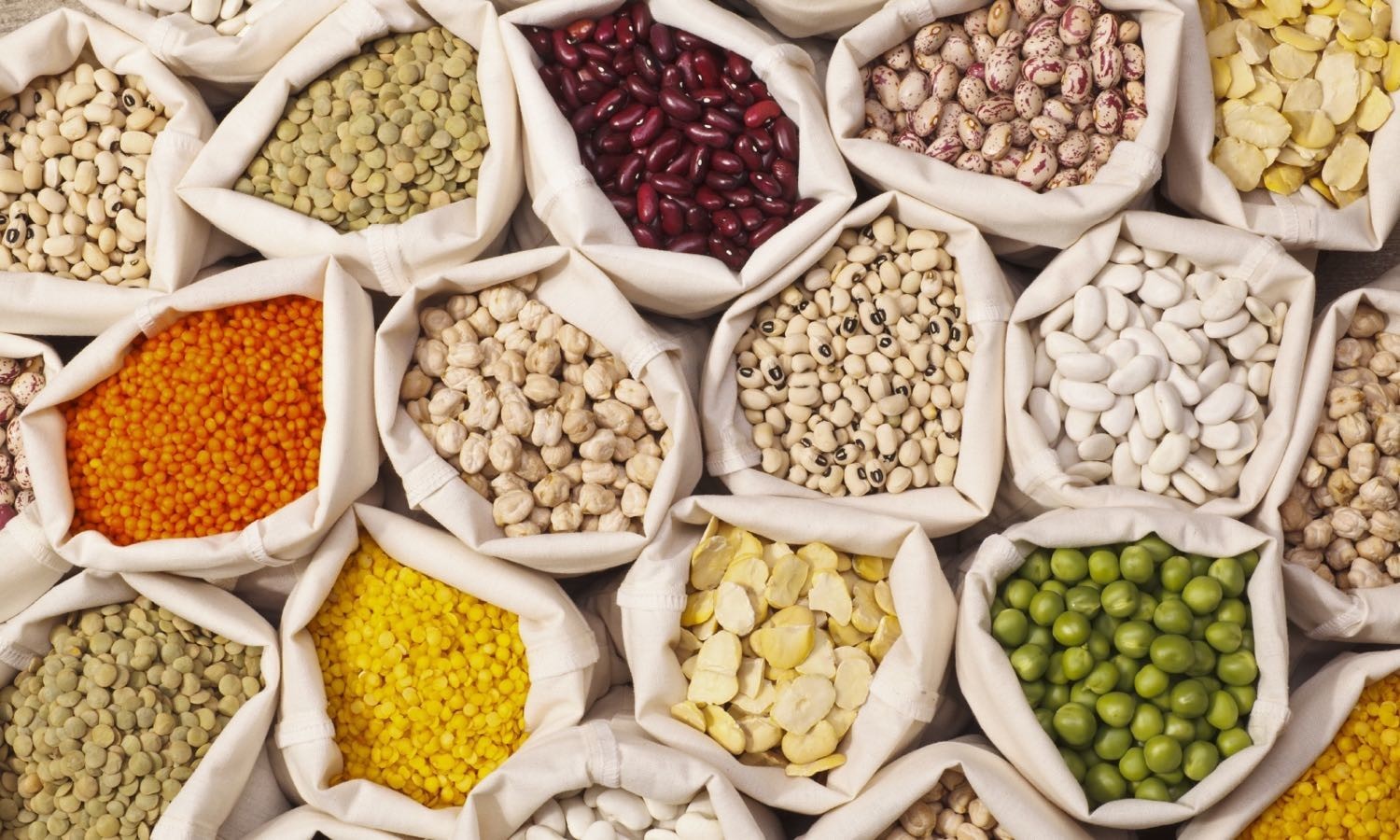The National Bureau of Statistics (NBS), said that prices of selected food items increased in October.
This is according to the NBS Selected Food Prices Watch Report for October, released in Abuja on Wednesday.
The report said that the average price of 1kg onion bulb on a year-on-year basis, increased by 32.56 per cent from N306.07 recorded in Oct. 2021 to N405.72 in Oct. 2022.
“While on a month-on-month basis, 1 kg of onion bulb increased to N405.72 in Oct. 2022 from N397.18 recorded in Sept. 2022, indicating a 2.15 per cent increase,’’ the report said.
The report showed that the average price of 1kg rice (local, sold loose) increased on a year-on-year basis by 17.45 per cent from N415.03 recorded in Oct. 2021 to N487.47 in Oct. 2022.
“On a month-on-month basis, the average price of this item increased by 3.40 per cent in Oct. 2022 from N471.42 recorded in Sept. 2022,’’ the report says.
The NBS said the average price of 1kg of tomato increased on a year-on-year basis by 30.79 per cent from N347.47 recorded in Oct. 2021 to N454.46 in Oct. 2022.
Also, the report showed that on a month-on-month basis, 1 kg of tomato increased by 2.10 per cent from N445.12 in Sept. 2022.
Also, the report showed that the average price of 1kg brown beans (sold loose) increased by 17.95 per cent on a year-on-year basis, from N478.76 recorded in Oct. 2021 to N564.69 in Oct. 2022.
The report showed that the average price of Palm oil (1 bottle) increased by 33.22 per cent from N727.21 recorded in Oct. 2021 to N968.76 in Oct. 2022.
“It also grew by 4.47 per cent on a month-on-month basis from N927.34 recorded in Sept. 2022,’’ the report said.
Also, the average price of Vegetable oil (1 bottle) stood at N1, 106.08 in Oct. 2022, indicating a 33.99 per cent increase from N825.46 recorded in Oct. 2021.
“On a month-on-month basis, it rose by 2.81 per cent from N1, 075.89 in Sept. 2022,’’ the report said.
The report revealed that the average price of 500g sliced bread increased by 36.68 per cent on a year-on-year basis from N382.77 recorded in Oct. 2021 to N523.16 in Oct. 2022.
“On a month-on-month basis, the item increased by 2.23 per cent from N511.74 recorded in Sept. 2022,’’ says the report.
The report showed that at the state level, the highest average price of rice (local, sold loose) was recorded in Rivers at N630.66, while the lowest price was recorded in Jigawa at N381.54.
It said Ebonyi recorded the highest average price of beans (brown, sold loose) at N848.74, while the lowest price was reported in Plateau at N360.03.
“In addition, Abia recorded the highest price of Vegetable oil (1 bottle) at N1, 484.31, while Benue recorded the lowest price at N650.89,’’ the report said.
It said that Cross River recorded the highest average price of 1kg of onion bulb at N980.62 while Benue recorded the lowest price at N180.34.
The report also showed that the highest average price for 1kg of tomato was recorded in Delta at N824.55 while the lowest price was at N166.67 in Taraba.
It said the highest average price of 500g sliced bread was recorded in Abuja at N705.00 while Plateau recorded the lowest price at N310.00.
The report said analysis by zone showed that the average price of 1kg onion bulb was higher in the South-South and South-East at N670.63 and N538.31, respectively, while the lowest price was recorded in the North-East at N212.83.
It said the South-South recorded the highest average price of 1kg rice (local, sold loose) at N545.03, followed by the South-West with N519.53, while the lowest price was recorded in the North-West at N435.06.
Also, the report showed that the South-East recorded the highest average price of Palm oil (1 bottle) at N1, 101.04, followed by the South-West at N1, 096.17, while the North-Central recorded the lowest price at N742.62.

